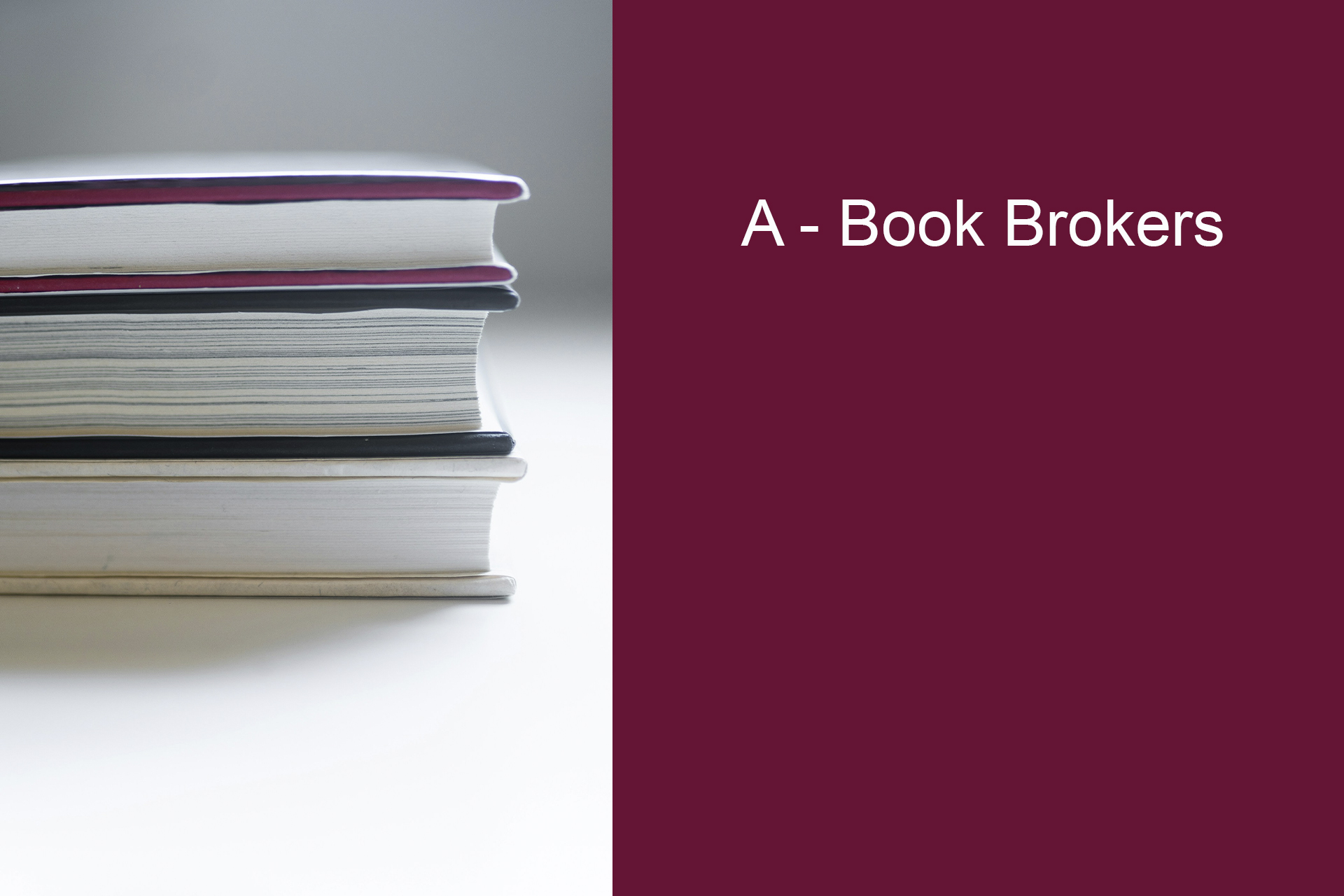Key Features to Look for in A-Book Forex Brokers

Key Features to Look for in A-Book Forex Brokers
The forex market is a bustling global arena where currencies are traded 24/5, and it stands as the most liquid market worldwide.
Within this complex ecosystem, forex brokers play a crucial role by providing traders access to the market.
Among these brokers, A-Book brokers have garnered attention for their transparency and direct approach to order execution.
Choosing the right broker is pivotal for success in forex trading as it can significantly influence the strategies and profitability of traders.
Within this complex ecosystem, forex brokers play a crucial role by providing traders access to the market.
Among these brokers, A-Book brokers have garnered attention for their transparency and direct approach to order execution.
Choosing the right broker is pivotal for success in forex trading as it can significantly influence the strategies and profitability of traders.

Key Features to Look for in A-Book Forex Brokers
Transparency and Regulation
A-Book brokers operate by passing client trades directly to liquidity providers without taking positions against them.This means that they profit from commissions and spreads rather than from client losses, ensuring that there is no conflict of interest.
Regulation and transparency are fundamental characteristics of reputable A-Book brokers.
Regulatory bodies, such as the Financial Conduct Authority (FCA) or the Commodity Futures Trading Commission (CFTC), set stringent standards that help ensure brokers operate ethically and maintain client trust.
A regulated broker is obliged to adhere to practices that protect traders from fraud and offer a secure trading environment.
Competitive Spreads and Fees
One of the key attractions of A-Book brokers is their competitive pricing structure.They typically offer tight spreads because trades are executed directly with liquidity providers who provide quotes close to interbank rates.
Low spreads can enhance a trader’s profitability by reducing trading costs over time, especially for high-frequency traders.
In contrast, B-Book brokers might offer wider spreads as they internalize trades and potentially benefit from client losses. Understanding these differences helps traders make informed decisions about which type of broker aligns with their trading objectives.
Advanced Trading Platforms and Tools
A robust trading platform is essential for efficient trade execution and analysis in the fast-paced forex market.A-Book brokers often provide advanced platforms equipped with comprehensive features like customizable charting tools, technical indicators, real-time data feeds, and automated trading capabilities through APIs or expert advisors (EAs).
These tools enable traders to conduct detailed market analyses and execute trades swiftly, capitalizing on market movements with precision.
Customer Support and Educational Resources
Responsive customer support can greatly enhance a trader’s experience by providing assistance when issues arise or when guidance is needed.Effective customer service ensures that technical glitches or account queries are resolved quickly, minimizing disruptions in trading activities.
Additionally, educational resources offered by A-Book brokers empower traders by expanding their knowledge base through webinars, tutorials, articles, and demo accounts. This commitment to education helps traders refine their strategies and make more informed decisions.
In conclusion,
selecting an A-Book forex broker involves evaluating several critical features: transparency through regulation; competitive pricing via tight spreads; access to advanced trading platforms; responsive customer support; and rich educational offerings. By focusing on these elements, traders can align themselves with a broker that not only supports their trading strategies but also contributes positively to their overall success in the dynamic world of forex trading.









Report
My comments